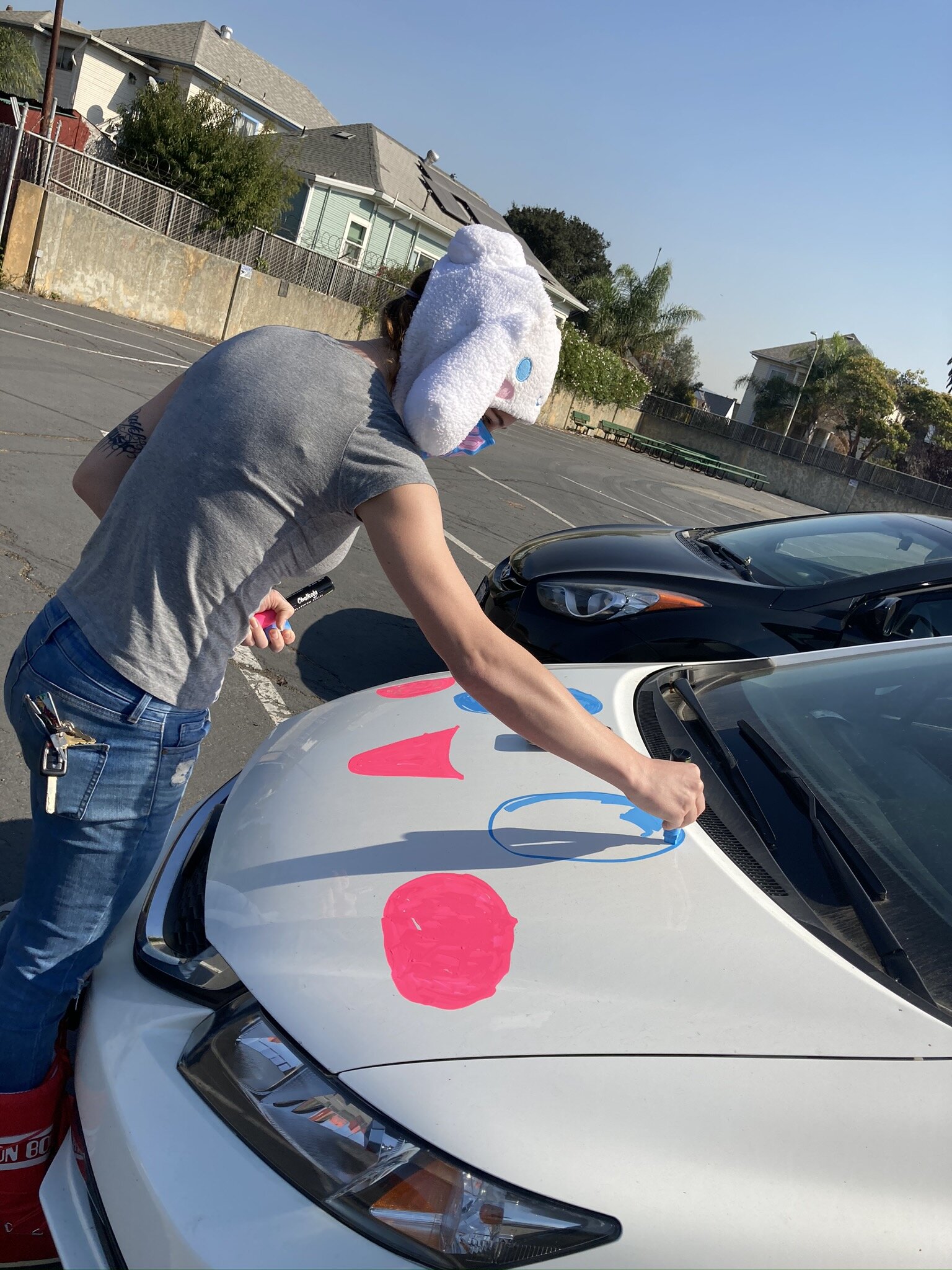Lincoln Program Spotlight: Therapeutic Behavioral Services (TBS)
Brian Lau, LCSW
Therapeutic Behavioral Services Program Manager
It’s a Wednesday afternoon when I’m writing this, which means part of my work for the day will involve figuring out how Goku from Dragon Ball Z, Thanos from the Marvel universe, and a few more characters from Fortnite and Minecraft are going to take down a tentacle monster and a team of giant rats. I feel good about our chances since our ragtag party of adventurers has faced far grimmer prospects. As our youth clients participating in the weekly “Dungeons and Dragons” social skills group talk through who to take down first (one client, in particular, is a fan of looting bodies for treasure, so he’ll be sure to charge in early), I’m impressed not just by our clients’ creativity and teamwork, but also by our clinicians’ dedication to those they serve, their willingness to meet their clients where they are at.
Meeting clients where they’re at, both literally and figuratively, is one of the hallmarks of community mental health, and the team in the Therapeutic Behavioral Services (TBS) program at Lincoln Families demonstrates this quality day in, day out. In TBS, we are charged with serving children and youth across Alameda County whose behaviors have resulted in them being at risk of losing their home placement. Our clinicians work individually with their clients and their caregivers to identify strategies for the family to decrease these behaviors, with an eye towards teaching skills and implementing structures that can be carried on after our time with the family is over. And we do this work in homes, schools, parks, malls – wherever a client needs us, we can be there. But the challenge presented by the COVID-19 public health crisis is how we do this work, more crucial than ever because of the impact the pandemic is having on the wellbeing of our families, through the artifice of a computer screen.
The challenge is critical but I’m so proud of and inspired by the way that the TBS team has collectively risen to meet it. Our clinicians are meeting with their families multiple times a week, checking in on their urgent needs and providing them with resources to address their stressors. They have explored different ways to make use of technology with clients, from hosting anime clubs where clients can connect with peers over shared interests to developing virtual play therapy rooms to making sushi together from a distance through Zoom. I have witnessed clients challenge one another for who knows the most Pokémon trivia, seen clients read books aloud to their parents, and participated in a few particularly heated family games of Among Us. As in all aspects of our lives, the pandemic has pushed us to be inventive, to reimagine what it means to do this work. I could not be prouder of the people I get to work with for how skillfully, how compassionately they have met this challenge.
And even with all this creativity, there is no substitute for the connection you get when you see a client face to face. Which is why one of my highlights for this last year was our Halloween “Scare-avan,” where our team decorated their cars and dropped off bags of candies, pumpkins, and arts and crafts supplies to two-thirds of our families. While adhering to social distancing guidelines (the Halloween masks serving a dual purpose), we were able to meet with our families again, people whom we had not seen in person for over 7 months at that point. And it was a real joy to be with our clients – dressed as superheroes, dinosaurs, and at least one fruit – and to be reminded of why we do this work.


